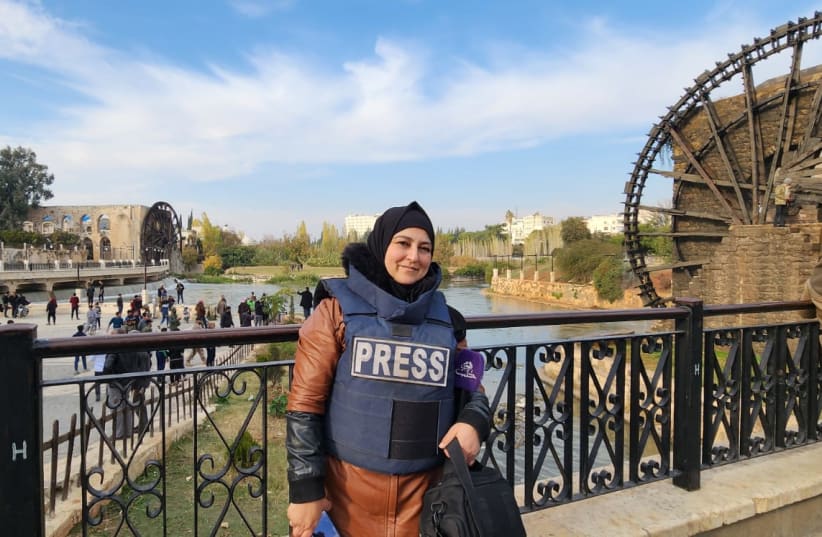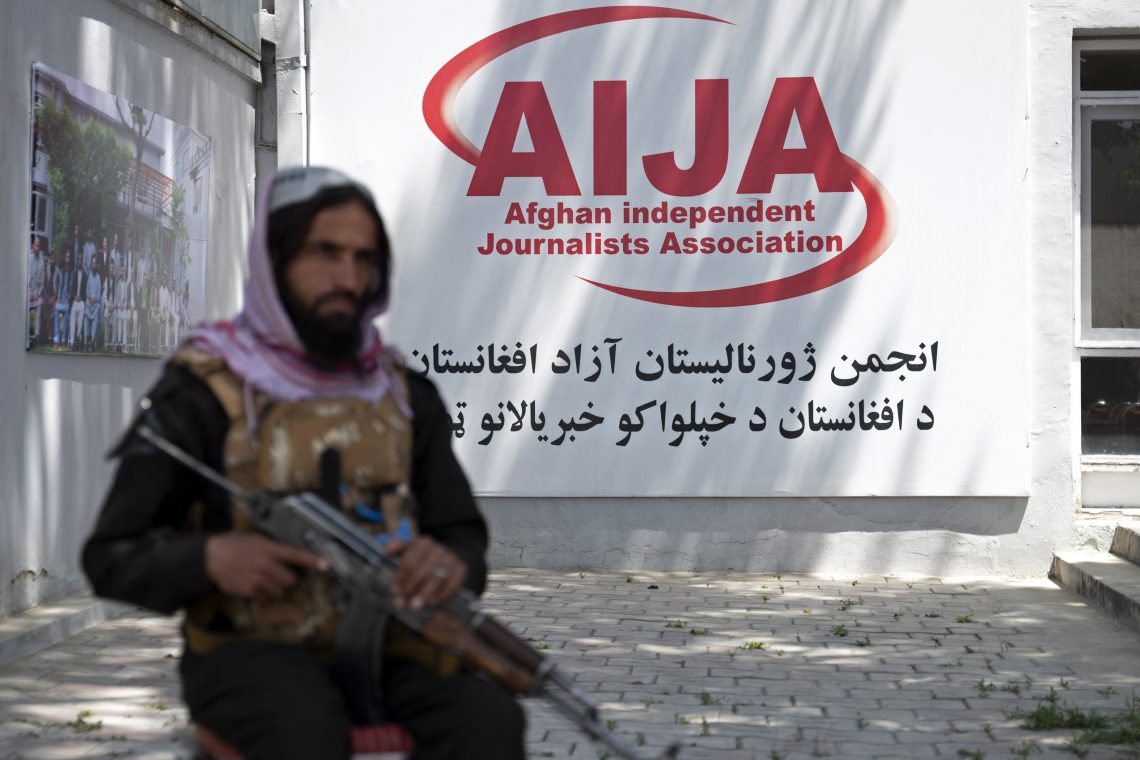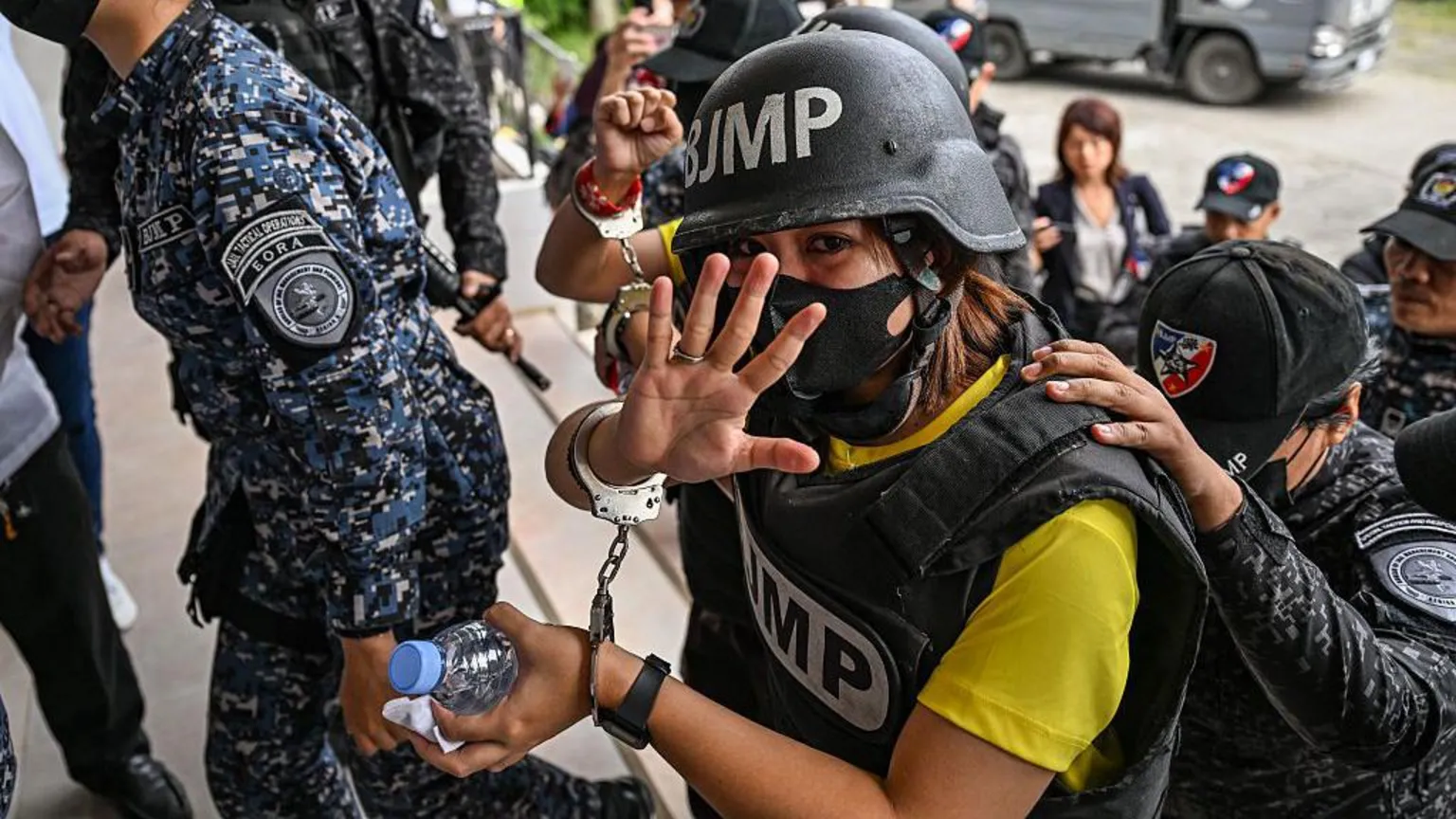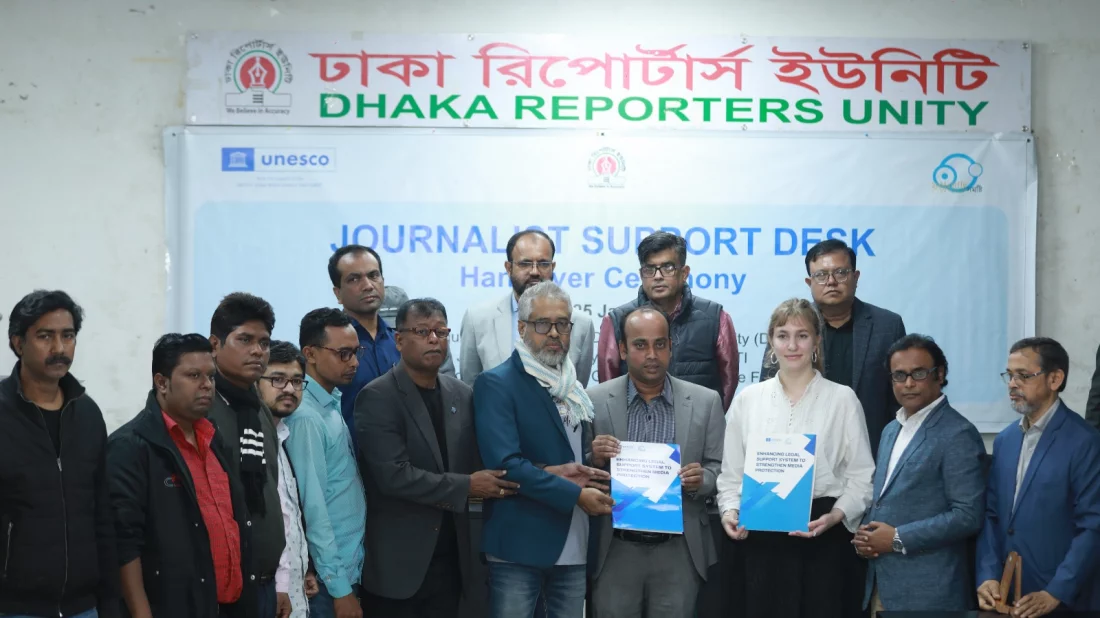
111 Palestinian Journalists Killed in 2024: Gaza Becomes the Deadliest Zone for Media Workers
January 6, 2025
Syrian Women Journalists Brave Conflict and Displacement to Tell the Truth
January 6, 2025January 6, 2025 – India –
In a troubling incident underscoring the dangers faced by journalists in India’s Chhattisgarh state, a forest officer was arrested on January 6, 2025, for allegedly threatening a reporter who exposed corruption at a forest check-post. The case reflects the growing pattern of intimidation and violence against media professionals in the region.
The journalist, Sandip Shukla, had reported on January 1 about illegal extortion by forest staff at a check-post near Borai village, located in the Sitanadi Forest Range of Dhamtari district. The story, supported by video footage, alleged that forest officials were collecting money from vehicles transporting goods. Following its publication, Shukla reportedly received a series of abusive and threatening calls from Range Officer Nareshchandra Deonag, who allegedly demanded the report be retracted and warned of serious consequences if it was not.
Shukla filed a police complaint on January 4, and Deonag was arrested two days later. He has been booked under Sections 294 (obscene acts) and 506 (criminal intimidation) of the Indian Penal Code. The swift action by police was welcomed by local press bodies, but they also expressed concern over the increasing hostility faced by journalists reporting on corruption or abuse of power.
This arrest comes amid broader anxieties about press freedom in Chhattisgarh, particularly in rural and tribal districts where journalists often work without institutional protection. The state has witnessed several instances of violence and threats against media workers, including the recent murder of journalist Mukesh Chandrakar, who was investigating local corruption.
Media advocacy groups argue that these cases reflect a deeper crisis in freedom of the press, especially at the grassroots level. They warn that such threats and attacks, if not addressed systemically, will discourage investigative journalism and erode accountability in public institutions.
The arrest of the forest officer is a rare instance of prompt legal action in a country where cases of journalist harassment often go unresolved. However, it also underscores the urgent need for stronger legal safeguards, better institutional response, and broader public support to ensure journalists can report freely and without fear.
Reference –




